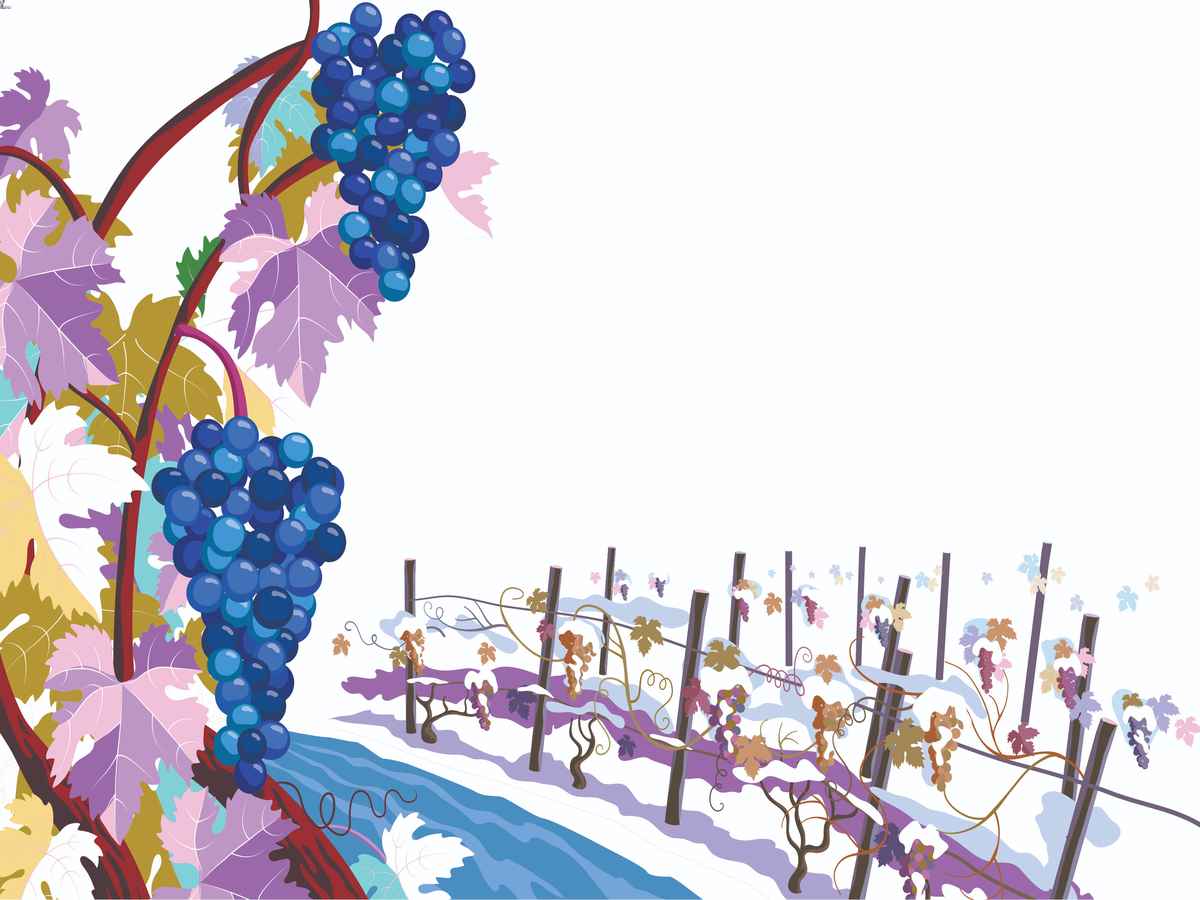After the Frost
Last October’s early cold snap decimated Colorado grape crops. Here’s where one grower winery stands now.
On one unseasonably cold night in October 2020, an unexpected cold snap wreaked havoc on Colorado’s vineyards. Now, local wine producers are reckoning with the aftermath. “We saw 100 percent loss of crop,” Jayme Henderson, co-owner of the Storm Cellar winery in Hotchkiss, says of the October frost. She’s not the only one: Henderson sees wine producers across the state scrambling to source out-of-state grapes to make up for the loss. “I don’t know that consumers will see a big Colorado wine shortage,” she explains, “but [wine producers are] pulling out of their restaurant accounts and retail accounts because they can make a better bottom line at their tasting room selling full price. We have to make these tough decisions: Do I want to be in this wine festival where I’m pouring tastes for free? Every single bottle counts right now.” For Henderson, the catastrophic event sets the Storm Cellar back a full year and will leave her seeking non-Colorado grapes this season and next. “You can’t prevent what happens weather-wise, but you can take preventative strides,” she says. “Larger, established wineries can maybe weather this kind of storm a little better, but we really had to look outside the box.”
Here are the measures she’s taking to mitigate damages in the future:
- Investing in regenerative agriculture: healthier soil means a healthier plant, which leads to a stronger root system that is less susceptible to drastic weather shifts
- Grafting vines for root systems that are hardier and more drought-tolerant
- Pruning for strength, not for yield
Talk to us! Email your experiences (and thoughts, opinions, and questions—anything, really) to askus@diningout.com.

